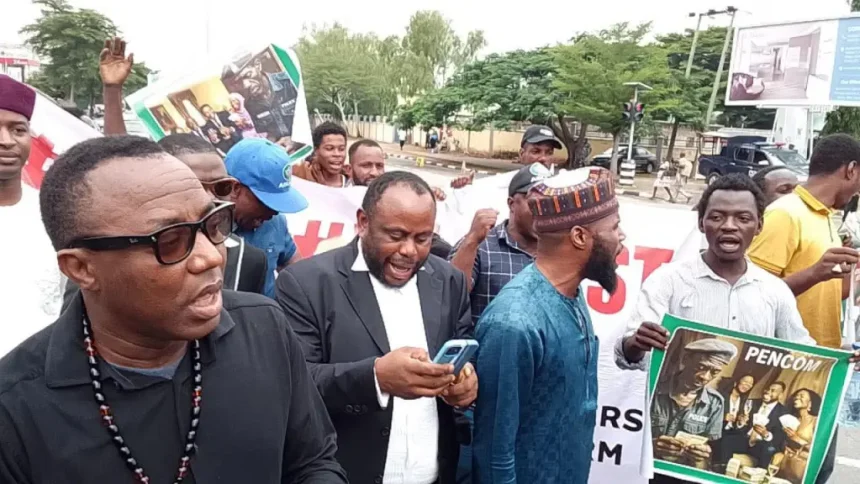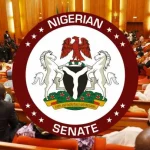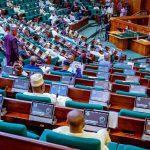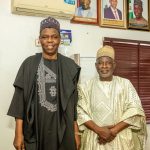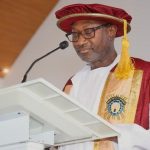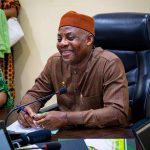Nigeria’s law-enforcement apparatus has stepped up its public caution to activists planning street protests amid mounting tensions over demolition exercises in Lagos and proposed demonstrations in Abuja.
On October 18, 2025, the Nigeria Police Force (NPF) issued a statement via its Force Public Relations Officer, Benjamin Hundeyin, warning that planned protests by Sowore and others would not be allowed to take place in or near several high-security zones in the Federal Capital Territory (FCT).
The warning specifically referenced a subsisting order from the Federal High Court, Abuja issued on October 17, 2025 (Suit No. FHC/ABJ/CS/2202/2025: Federal Republic of Nigeria v. Omoyele Sowore & 4 others) which restrained protests around the presidential villa (Aso Rock Villa), the National Assembly complex, the Force Headquarters, Eagle Square and Shehu Shagari Way.
The police reminded organizers that while the right to peaceful assembly is constitutionally guaranteed, it must be exercised “responsibly and within legal boundaries,” especially when public order and safety are at risk. The statement stressed that any protest which descended into violence, vandalism, the use of offensive weapons or incitement would be met with decisive enforcement action.
Demolitions in Lagos and the Spark for Protest
The warning comes against the backdrop of continuing demolition exercises in Lagos State, particularly in communities such as Oworonshoki (Kosofe LGA). Rights advocacy groups say thousands of homes have been destroyed and tens of thousands displaced, describing the action as forceful, non-consultative and inadequately compensated.
In September 10, 2025 report, the Take It Back Movement (TIB) Lagos chapter said that heavy-armed government agents had carried out demolitions at around 1 a.m., firing tear-gas at community members recording the incident, and that more than 1,000 homes were destroyed, with over 30,000 people rendered homeless.
Meanwhile in Oworonshoki, TIB accused a local monarch, Babatunde Saliu (the Oba of Oworonshoki), of using state-backed vigilante groups to harass, intimidate and unlawfully arrest local leaders who resisted the demolitions, claiming the arrests were made on fabricated charges (in one case “killing a cow”) to silence dissent.
These demolitions and alleged land-grab tactics have become a source of growing frustration among residents and activists, who argue that the façade of urban renewal is being used to dispossess vulnerable communities rather than improve them.
The Protest Call and Activist Response
Sowore has reinvented his activism in recent weeks, mobilizing under the banner of the #FreeNnamdiKanuNow campaign and aligning with resistance to Lagos demolitions, among other grievances. The planned protests in Abuja were expected to draw attention to both the perceived injustice of the demolitions and the long-running detention of Nnamdi Kanu, leader of the outlawed Indigenous People of Biafra (IPOB).
In reaction to the police warning and the court order, Sowore publicly rejected the enforceability of the restrictions, arguing that the court order was never properly served on him and that the constitutional right to protest remains intact. He further called on his supporters to mobilise if arrests or intimidation occurred.
The police caution to Omoyele Sowore and other protesters is part of a dual-thread narrative: one, the immediate trigger of contentious demolitions in Lagos that have served as a flashpoint for social unrest; and two, the broader question of how Nigeria navigates and regulates the right to protest in a high-security environment. As the situation develops, the interplay between citizen activism, state security, legal authority and human-rights norms will remain closely watched.

